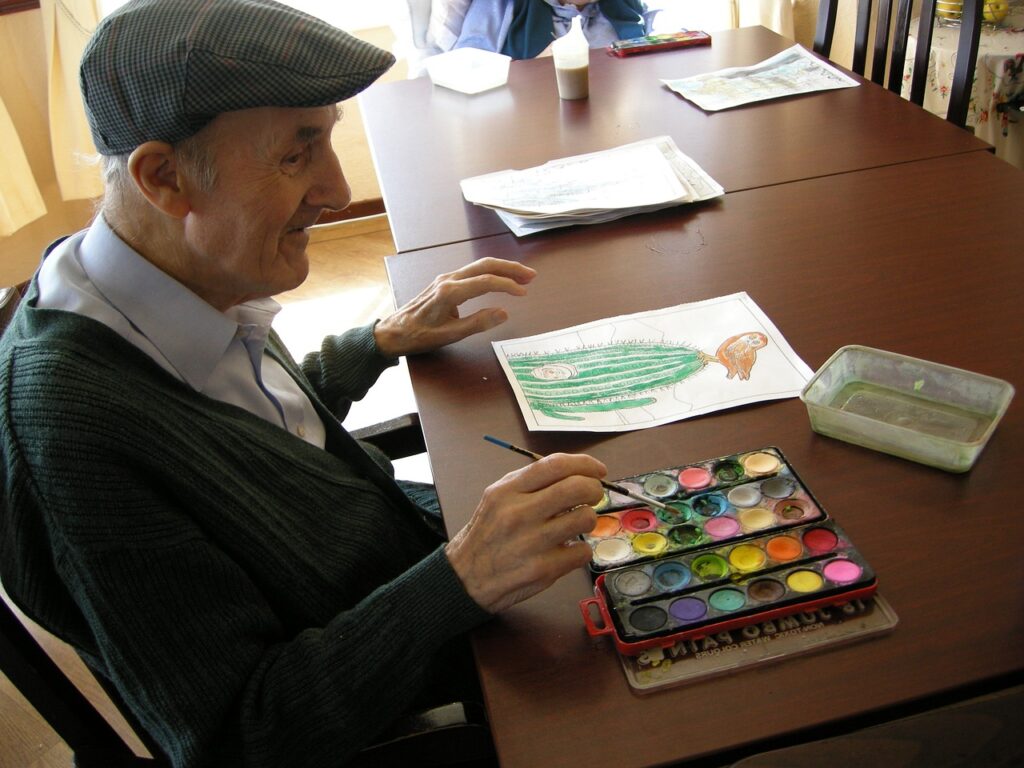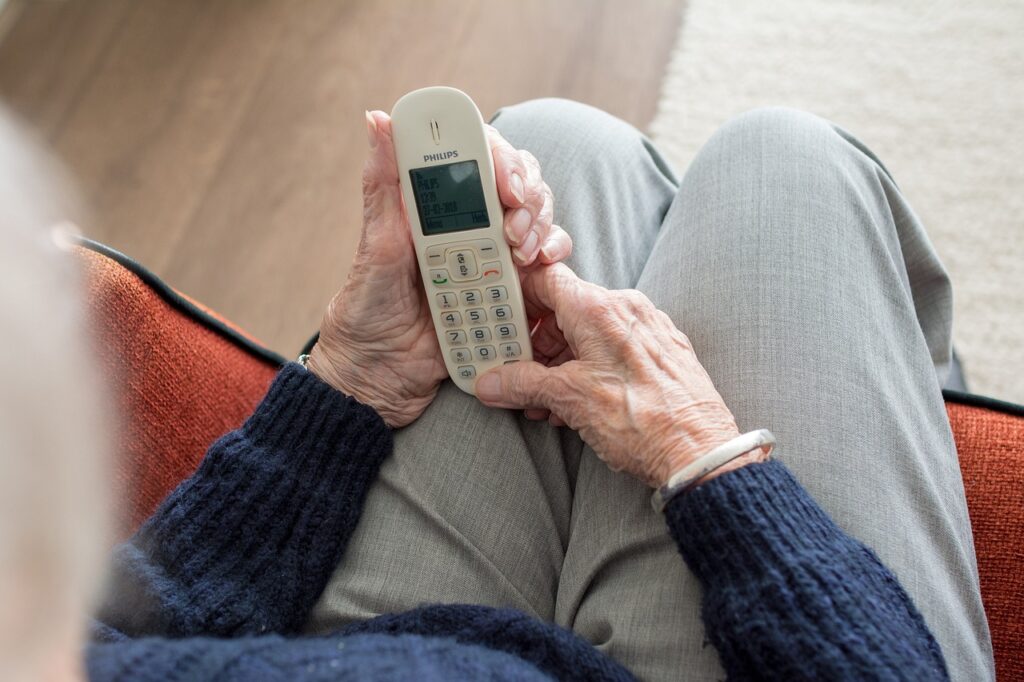Uninterrupted Care: Emergency Power Solutions for Care Homes


In care homes, where the well-being of residents is of paramount importance, a continuous and reliable power supply is critical. From medical equipment to lighting and climate control, various aspects of care depend on electricity. This article delves into the significance of emergency power solutions for care homes, covering metering, generators, and Uninterruptible Power Supplies (UPS).
1. Metering for Awareness
Understanding energy consumption patterns is the first step towards efficient emergency power management. Smart metering systems provide real-time insights into power usage. By analyzing this data, care homes can identify peak consumption times, optimize energy usage, and plan for emergency power needs more effectively. This awareness not only saves costs but also aids in optimizing power generation and distribution during outages.
2. Generators: Powering Through Outages
Generators are invaluable assets for care homes to maintain uninterrupted operations during power outages. These backup power sources can be powered by diesel, natural gas, or propane. When the primary power supply fails, generators automatically kick in, ensuring that essential services like medical equipment, lighting, and climate control continue to function.


3. Right-Sizing Generators for Emergency Power Solutions for Care Homes
Choosing the right generator size is crucial. Undersized generators may struggle to meet the power demands, while oversized ones can be inefficient and costly. A professional assessment of the care home’s power needs, including medical equipment requirements, lighting, heating, and cooling, is essential to determine the appropriate generator capacity.
4. Regular Generator Maintenance
Like any machinery, generators require regular maintenance to ensure their reliability. Scheduled inspections, fuel quality checks, and testing the automatic transfer switch are critical to ensuring that the backup power system functions seamlessly when needed.


5. Uninterruptible Power Supplies (UPS)
UPS systems offer short-term power protection and bridge the gap between a power failure and the generator kicking in. They provide crucial time for generators to start up and stabilize. UPS units use batteries to provide instantaneous power, safeguarding sensitive equipment against sudden power interruptions, voltage spikes, and fluctuations.
6. Prioritizing Essential Loads
Not all devices and systems are equally critical during a power outage. Care homes should identify and prioritize essential loads such as medical equipment, emergency lighting, and HVAC systems for backup power supply. By focusing on these priorities, the emergency power system can be optimized for efficiency and effectiveness.
7. Redundancy for Reliability
To ensure an extra layer of reliability, consider incorporating redundancy into emergency power systems. This might involve having backup generators or UPS units that can take over if the primary ones fail. Redundancy minimizes the risk of a complete power failure and enhances the care home’s ability to provide continuous care.
8. Staff Training
An emergency power plan is only effective if the staff is well-trained in its execution. Regular training sessions should cover protocols for power failures, generator operations, and response procedures. Staff members should be able to swiftly transition to backup power and manage the care of residents without disruption.
9. Testing and Drills
Periodic testing of generators and UPS systems is essential to identify any issues and ensure their proper functioning. Conduct simulated power outage drills to train staff on emergency protocols and assess the readiness of the emergency power systems.
10. Collaboration with Professionals
Consulting with experts in power solutions is recommended to design and implement an effective emergency power strategy. Power engineers and technicians can assess the care home’s specific requirements and recommend the most suitable combination of generators, UPS systems, and metering solutions.
In care homes, where lives are entrusted, uninterrupted power is a non-negotiable necessity. From smart metering for efficient usage to backup generators and UPS units for continuous supply, emergency power solutions are the backbone of seamless care. By carefully designing, implementing, and maintaining these systems, care homes can ensure that residents receive the utmost care even in the face of power challenges.